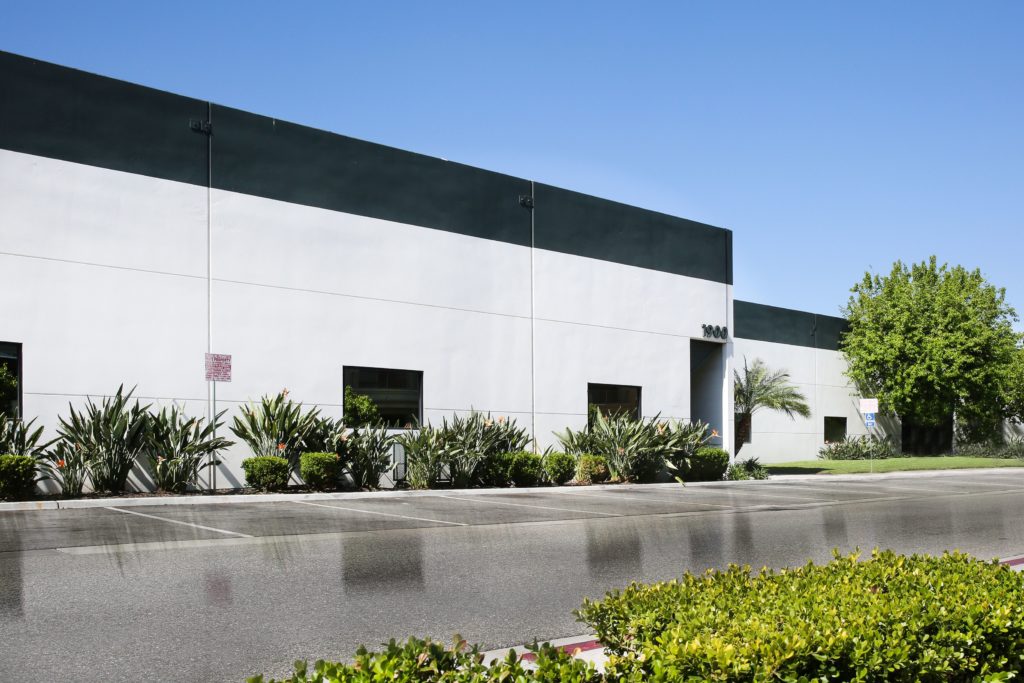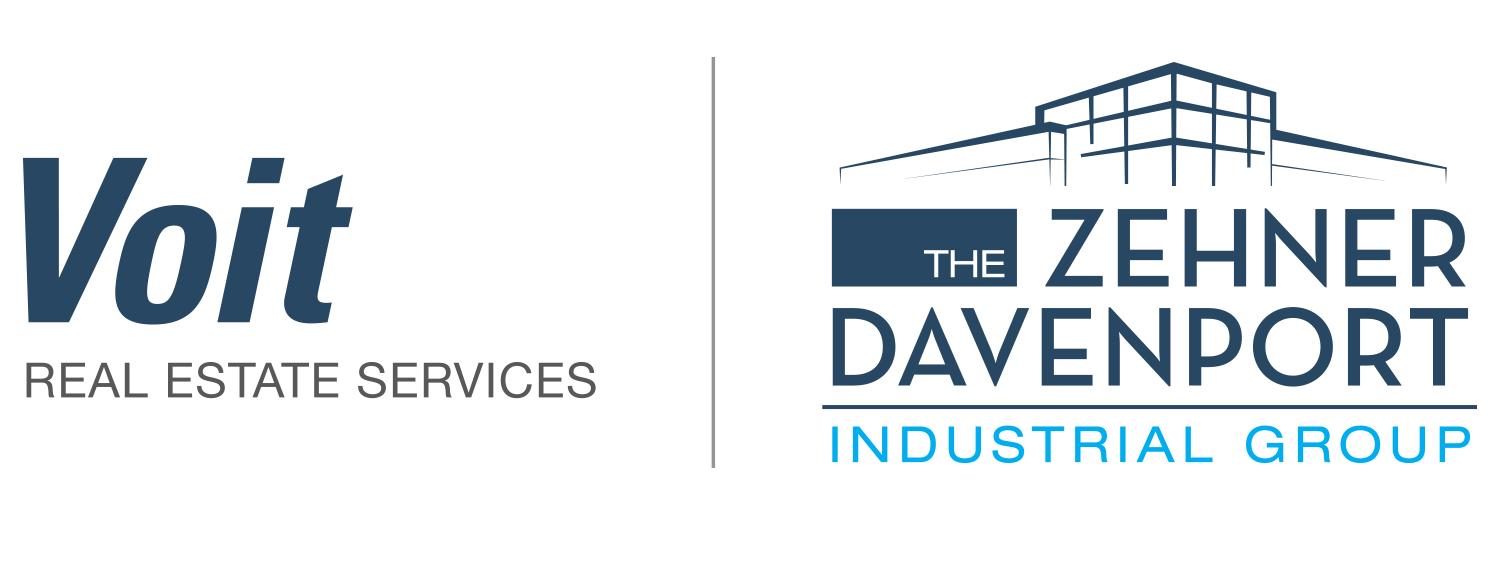We have been spending quite a bit of time over the past several months sharing our thoughts on the impact of changes to the tax code that will soon be put to a vote in both houses of Congress.
That potential has many of our investor and owner/user clients rethinking their investment portfolio strategies. They’re huddling up with their legal, tax and estate advisors to learn as much as possible about the American Families Plan in an effort to stay out in front of it so they have time to respond before the new law could take effect just 4 months from now. Click here for our posts on the topic.
In recent weeks we are hearing a lot more from them about exchanging their highly appreciated industrial assets, now trading in the 4% cap rate range, for higher-yielding, long-term single tenant net leased investments in the retail sector. They like the idea of a 10to20 year lease with a strong credit tenant like Walgreens or Starbucks, and they see it as a safer place to invest their capital long term. They also like the idea of selling at 4% cap and buying at a 6% cap (or more) without taking on more risk.

The single tenant net lease business has been around for a long time and is still a popular avenue for private investors. The asset category serves as a solid up-leg opportunity for exchange buyers looking for stable cash flow, lower vacancy risk and hands-free management. They are the proverbial ‘coupon clipper’, and that is becoming increasingly attractive to investors who still want to own real estate to keep their investment portfolios balanced.
There’s no doubt that the retail sector took a hit from the pandemic, and that has manifested in the form of higher cap rates. This has created a cap rate arbitrage opportunity for industrial property owners who are benefactors of pandemic-induced cap rate compression in the industrial sector. The strategy is not for everyone, as retail properties do have a different risk profile. But, for those looking for yield and credit security, single-tenant net leased retail has a legitimate place in their portfolios.
A case in point is an exchange transaction we are in the middle of right now. We just represented a seller in the disposition of his top-quality 31,000-square-foot-building in Brea. The property was sold at a 4% cap rate to an institutional investor with a 5-year NNN lease in place at a current market rate. The seller is now in the midst of acquiring a retail grocery store property in Northern California with a strong regional chain who has committed to a 20-year NNN lease with annual rent increases. The site has been used as a grocery store by the operator for over 50 years, and they just completed construction of the subject building in 2019 to accommodate their need for more space. The property is being acquired a 6% cap rate, which will increase pure cash flow for our client by 50% over the Brea industrial property without investing any additional capital.

Our client is very satisfied with this scenario because he is substantially increasing cash flow and reducing investment risk at the same time via the long-term lease that also comes with a corporate guarantee. He sees the risk of rental income loss and turnover cost as very low given the length of the lease and the track record of the site as a grocery store, an essential brick-and-mortar use.
If your investment portfolio contains highly appreciated industrial assets and you are looking for a way to increase cash flow, it may be a good idea to considering reallocating some of your capital to the retail sector before values reset in a post-pandemic economy. We have access to single tenant net leased opportunities throughout the country and would be happy to help you determine if this strategy is for you. Just give us a call.


Leave a Reply
You must be logged in to post a comment.